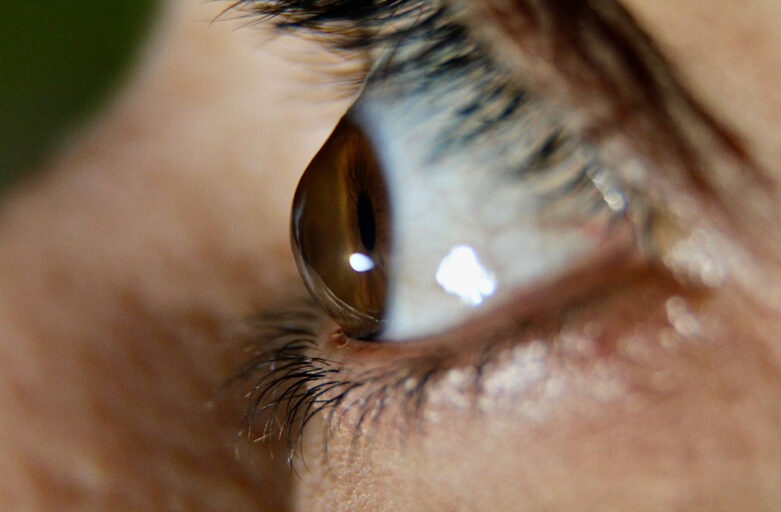Keratoconus is a disorder that causes the cornea to bulge out into a cone-like shape and leads to blurry, distorted vision. Although the affliction occurs often enough to keep Dr. Brian busy with keratoconus patients, it is still rare enough that the general population does not have a firm understanding of what keratoconus is.
Allow Dr. Brian to correct some of the misinformation about this condition:
Misconception: You Are Not Old Enough to Have Keratoconus
Because so many eye disorders tend to manifest in older age, people commonly assume they are safe from a condition like keratoconus until they hit at least middle age.
On the contrary, most people with keratoconus will start to detect symptoms in their teenage years, and then notice those symptoms worsening throughout their 20s and 30s. If you feel that something may be wrong with your eyes, come in for an appointment as soon as possible because your age does not make you “immune.”
Misconception: You Can Prevent Keratoconus
The cause of keratoconus is reduced anti-oxidant enzymes in your cornea. There is strong indication that keratoconus is genetic — 10 percent of people with keratoconus have a parent with the same disorder. People with certain conditions like Down syndrome, retinitis pigmentosa and sleep apnea are at an increased risk for keratoconus as well.
Experts have also noticed a link between keratoconus and excessive eye rubbing. Since you should avoid unnecessarily touching your eyes for a myriad of reasons, not rubbing your eyes is advice worth taking regardless of whether it helps prevent keratoconus.
Misconception: Normal Eyewear Prescriptions Cannot Help with Keratoconus
Really, it depends on the stage of keratoconus. Early on, glasses and contact lenses can do a great job of correcting vision problems like astigmatism caused by keratoconus. Over time, though, it is likely that your eyes will require more serious intervention to keep you seeing properly. In fact, some patients find they can no longer wear normal contacts because of their corneal bulge.
Misconception: You Just Have to Learn to Live with Keratoconus
You do not have to put up with subpar vision! Dr. Brian has worked extensively with keratoconus patients to improve the quality of their eyesight, and in turn, their lives. He offers several keratoconus treatments, from Holcomb C3-R Cross-Linking to strengthen the structure of the cornea in an effort to avoid transplants to Intacs inserts that help reshape the bulging cornea for improved vision.
To discuss the full range of options with one of the foremost experts on keratoconus, contact the Boxer Wachler Vision Institute to schedule a consultation with Dr. Brian.



